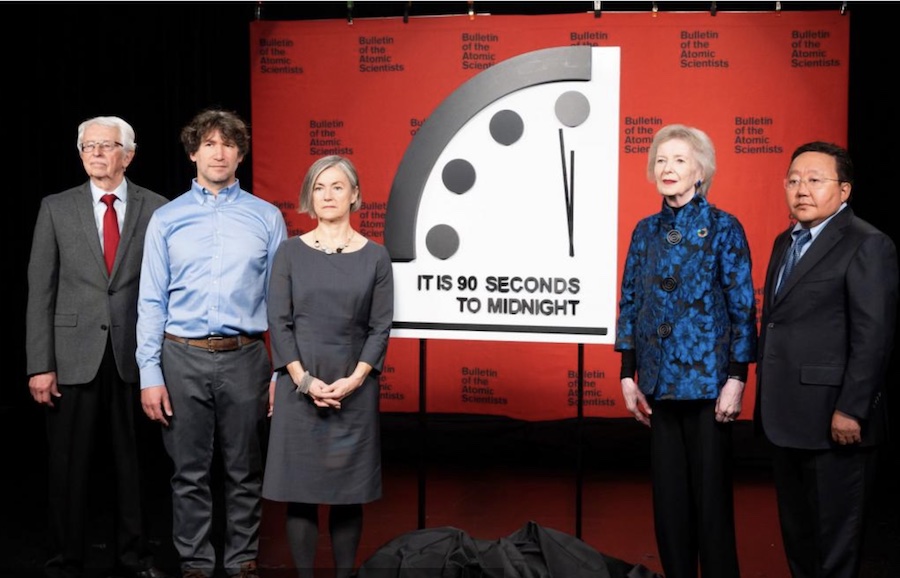TOLERANCE AND SOLIDARITY .
An article by Jake Johnson in Common Dreams (licensed under Creative Commons (CC BY-NC-ND 3.0). Feel free to republish and share widely.)
Rep. Ilhan Omar vowed Thursday that the House GOP’s vote to remove her from the chamber’s foreign affairs panel would not stop her from criticizing Israel’s treatment of Palestinians, a pledge that came after the Israeli government carried out its latest bombing campaign in the occupied Gaza Strip.

Rep. Ilhan Omar (D-Minn.) speaks to reporters on February 2, 2023 in Washington, D.C. (Photo: Ricky Carioti/The Washington Post via Getty Images)
“My critique of our foreign policy, Israel’s policy towards Palestinians, or that of any foreign nation will not change,” Omar (D-Minn.) wrote in a Twitter post following passage of a Republican resolution forcing her off the House Foreign Affairs Committee—a seat she has used to speak out against human rights violations and demand accountability for war crimes, including those committed by the U.S. and Israel.
“As a person who suffered the horrors of war and persecution,” Omar added, “my advocacy will always be for those that suffer because of the actions of governments.”
The House vote was held hours after Israel’s far-right government launched a series of airstrikes in the densely populated “open-air prison” of Gaza, bombings that came a week after Israeli forces killed 10 Palestinians at a refugee camp in the occupied West Bank. When two rockets were fired at Israel from Gaza in the wake of the massacre, Israel bombarded the enclave, reportedly hitting a refugee camp at the center of the strip.
During t
he floor debate ahead of the GOP resolution’s passage, Republican lawmakers made clear that Omar’s criticisms of Israeli policy—which are frequently conflated with antisemitism —were a driving force behind the effort to remove her from the House Foreign Affairs Committee.
Rep. Mike Lawler (R-N.Y.) specifically cited Omar’s past characterization of Israel as an “apartheid” state, calling the description “appalling”—even though mainstream organizations, including Human Rights Watch and Amnesty International, have offered the same assessment of Israel’s decades-long occupation and brutalization of Palestinians.
(continued in the right column)
Presenting the Palestinian side of the Middle East, Is it important for a culture of peace?
(continued from the left column)
“Rep. Ilhan Omar was booted off of the House Foreign Affairs Committee today for one reason only: her firm and unequivocal opposition to Israel’s brutal apartheid rule over the Palestinian people,” wrote Josh Ruebner, an adjunct professor at Georgetown University and the former policy director of the U.S. Campaign for Palestinian Rights.
“All other pretexts,” Ruebner argued, “are just designed to obscure this fact.”
The House GOP passed its resolution kicking Omar off the powerful committee as rights groups warned that Israel is ramping up its assault on Palestinian rights and livelihoods.
“This circus is happening while the Israeli government is escalating an entirely new phase of state violence against Palestinians,” Beth Miller, political director of Jewish Voice for Peace Action, told The Intercept’s Akela Lacy, who argued Thursday that congressional Democrats “paved the way” for the GOP’s attacks on Omar.
“If you actually look at what the Israeli government is doing right now,” Miller said, “the mask is off completely.”
Over the weekend, Israel moved to seal—and signaled plans to demolish—the West Bank homes of two Palestinians suspected of deadly attacks against Israelis. Human Rights Watch condemned Israel’s response as an act of “collective punishment.”
“Deliberate attacks on civilians are reprehensible crimes,” Omar Shakir, Israel and Palestine director at Human Rights Watch, said in a statement Thursday. “But just as no grievance can justify the intentional targeting of civilians in Neve Yaakov, such attacks cannot justify Israeli authorities intentionally punishing the families of Palestinian suspects by demolishing their homes and throwing them out on the street.”
Amnesty International noted earlier this week that Israeli forces killed 35 Palestinians in January alone. Last year was one of the deadliest in decades for Palestinians in the occupied territories.
“The devastating events of the past week have exposed yet again the deadly cost of the system of apartheid,” said Agnès Callamard, Amnesty’s secretary-general. “The international community’s failure to hold Israeli authorities to account for apartheid and other crimes has given them free rein to segregate, control, and oppress Palestinians on a daily basis, and helps perpetuate deadly violence.”
“Apartheid is a crime against humanity, and it is frankly chilling to see the perpetrators evade justice year after year,” Callamard added. “Israel has long attempted to silence findings of apartheid with targeted smear campaigns, and the international community allows itself to be cowed by these tactics. Until apartheid is dismantled there is no hope of protecting civilian lives, and no hope of justice for grieving families in Palestine and Israel.”

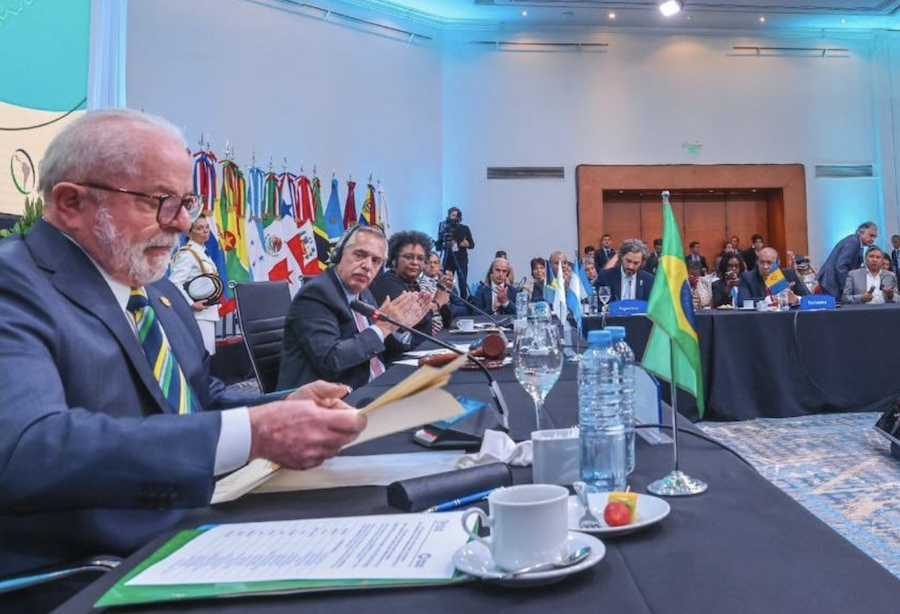



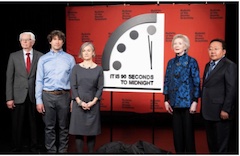


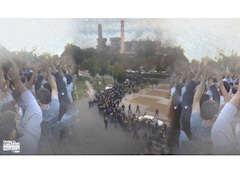
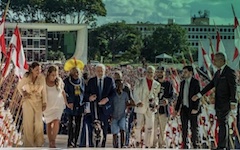
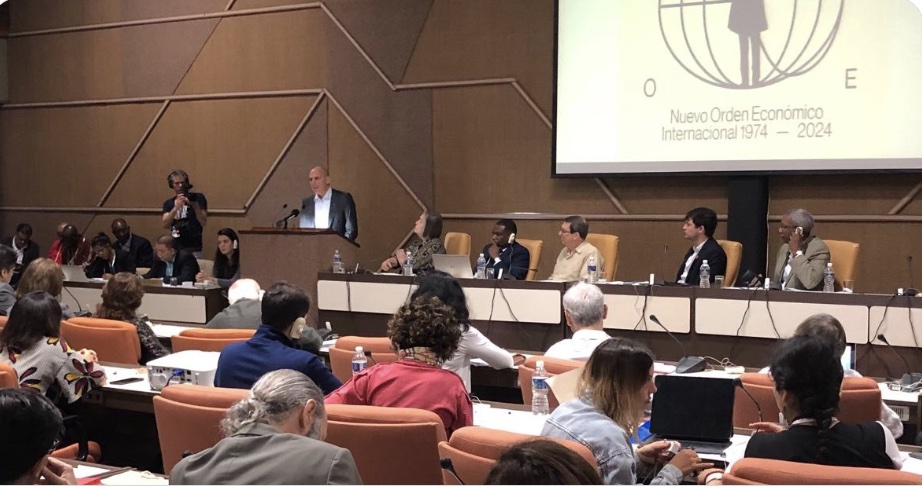
 Video of Tribunal
Video of Tribunal

